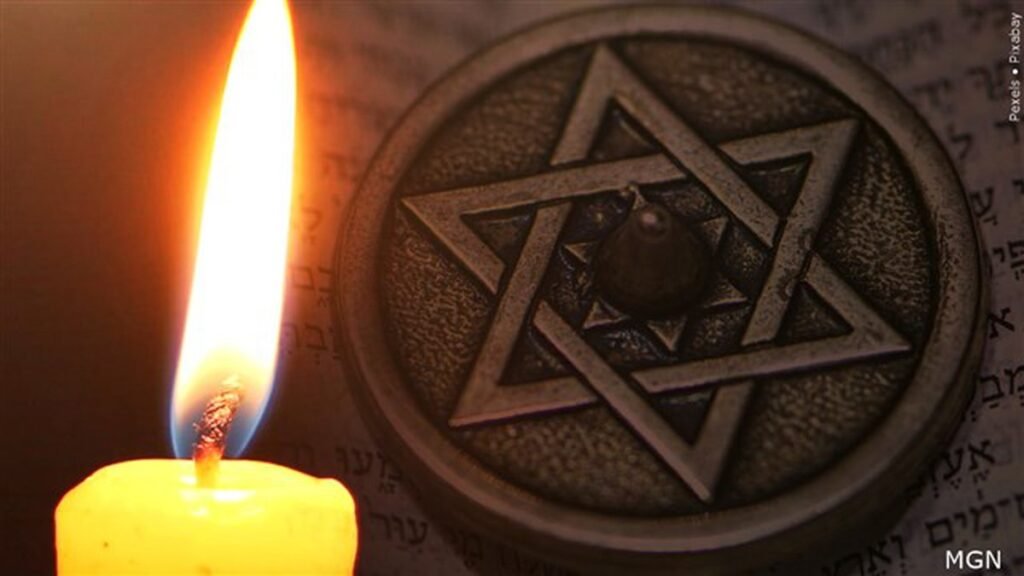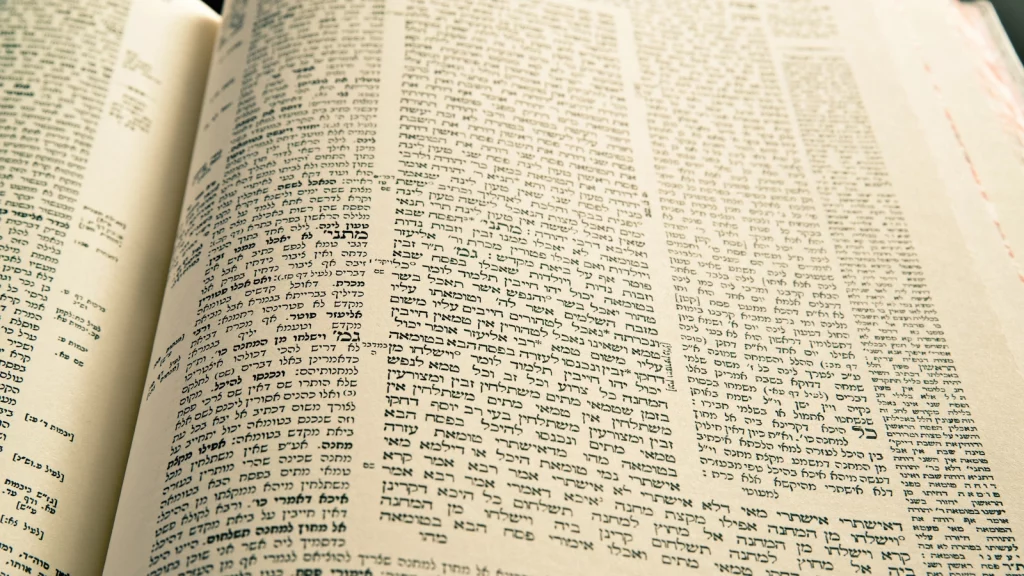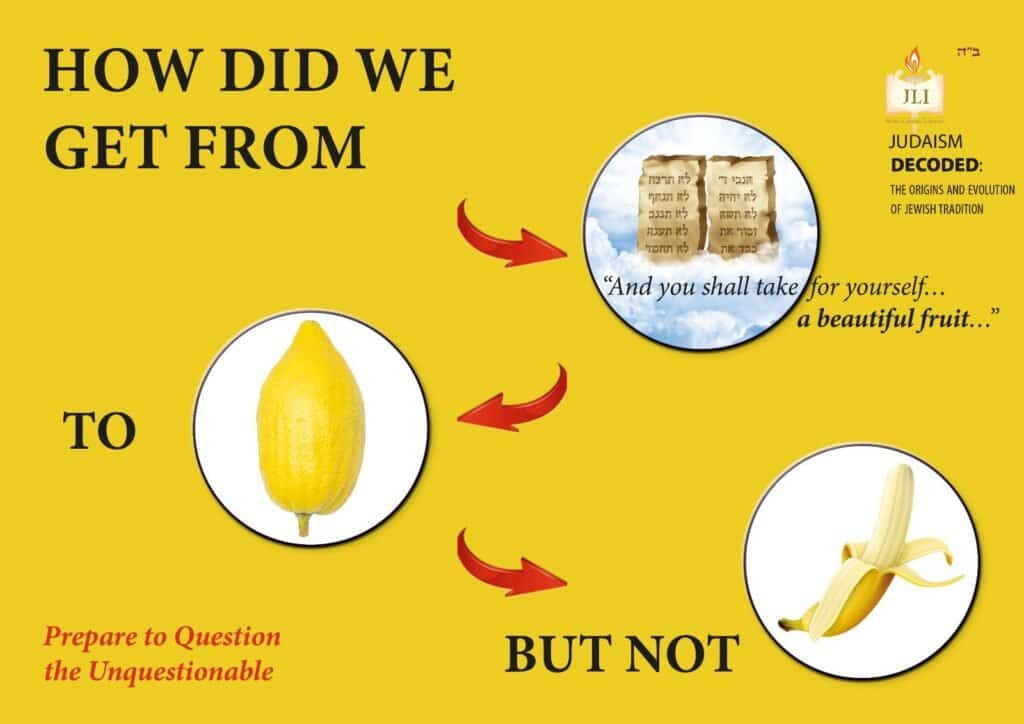Sometimes it appears to me that Jews are obsessed with the past. We always seem to be remembering something; all our festivals revolve around recalling past events and we make a big deal about remembering our beloved parents and ancestors. The Yizkor service is always guaranteed to attract a large crowd.
But why exactly is it important to remember past events? Why can’t we just forget and move on?
Some argue that we need to recall past tragedies to help ensure that they never happen again; like remembering the Holocaust.
Others argue that it is memory that has brought us this far and enabled us to survive and even thrive, through thousands of years of history. Judaism and our people are founded on the collective memory of revelation at Sinai. We are commanded to remember Shabbat, the Exodus and what Amalek did to us when travelling towards the Promised Land.
All those memories define us and help us keep focused on the goal of our unique mission to bring G-dliness into this very crass materialistic world. As the late Chief Rabbi Jonathan Sacks once wrote, “History is an answer to the question, ‘What happened?’ Memory is an answer to the question, ‘Who am I?’ History is about facts; memory is about identity. History is about something that happened to someone else, not me. Memory is my story, the past that made me who I am, of whose legacy I am the guardian for the sake of generations yet to come. Without memory, there is no identity, and without identity, we are mere dust on the surface of infinity.”
Whilst his analysis is interesting and thought provoking, there is still a danger that many people like to live in the past and not with the past and herein lies the deeper understanding of the need to recall past events.
There is a difference between thinking about the past and living in it. Sometimes we live in the past because it’s familiar – one knows what happened; there are no surprises. People choose to live there because it’s familiar; they know everything that happened. When the past was good, one can live there because just thinking back on it, it gives one a feeling of comfort and happiness.
Now here comes a big but! What happens if the past was not so nice, (Think slavery, persecution, pogroms and Holocaust) and yet still people find it more comfortable to live in that past, than to attempt to deal with new realities.
When some Jews define their Jewishness in terms of past anti-Semitism and persecution, then that is not only unhealthy and tragic, but it stifles the ability to move on and to grow into a self-confident and self-loving Jew. Someone who desires more to live like a Jew than to die like one.
What we need to keep in mind when recalling past tragedies such as the destruction of the Temple and Jerusalem in 70 AD (We now find ourselves in this mourning period), or the Holocaust, is that memory must function as a positive force. It should not be used to inflict guilt and exact vengeance and certainly should not be the defining element of Jewish life. Being Jewish mainly because the Holocaust happened or because anti-Semitism continues is not sufficient reason to hang on to a culture. It is, however, a very good excuse to run away from it.
Jews who maintained their heritage for thousands of years did so not because they were surrounded by rabid anti-Semitism but because their way of life had value and purpose.
When teaching Jewish children about past painful periods, we need to remember to teach them about what was destroyed: the rich culture, the colourful tradition, the vibrancy of Jewish life. Our heritage, our unique value system, our contributions to the world are what we must remember, along with our troubled history. These are the memories that will prompt us to effectively engage in the revitalization of Jewish life.
The question we all need to ask is, “How will I participate in Jewish renewal?” It may be through our children: raising them to be informed, identified Jews. (One suggested response to the tremendous loss of Jewish life is that each family have one more child than it had planned, to replenish the population, and its potential progeny, cut down by Hitler.)
Learning has always been a cornerstone of Jewish continuity and renewal and so try to attend Torah classes and lectures. Nowadays this is so easy and can be done from the comfort of the home, either through a zoom talk or a live online class. Nudge your Rabbi to teach more!
Make sure your children go to a good Jewish summer camp, and why not arrange a study group in someone’s home?
All these acts, while honouring the memory of the generations that preceded us, will create positive new memories and strong new Jewish realities for the generations that follow.
“Forgetfulness leads to exile while remembrance is the secret of redemption“
Baal Shem Tov (The Founder of Chassidism)
May this very sad period be transformed very speedily into days of happiness and rejoicing and may we merit to return to Zion and to witness the rebuilding of the Temple in Jerusalem.
If anybody would like to arrange a private study session or a group, please get in touch with me personally on 07885 538681 or email at rabbiefune@chabadbrighton.co.uk.
Rabbi Efune



